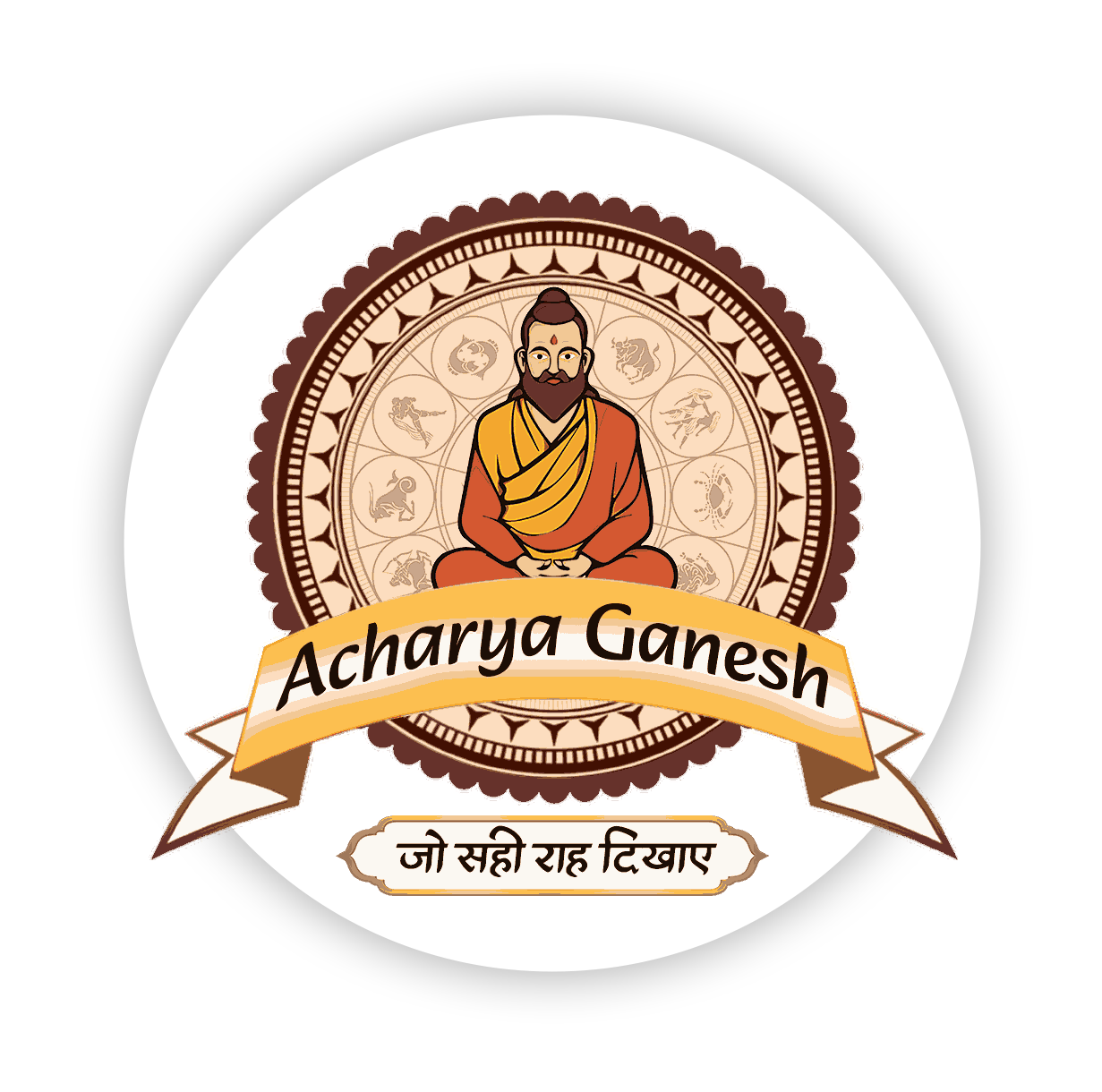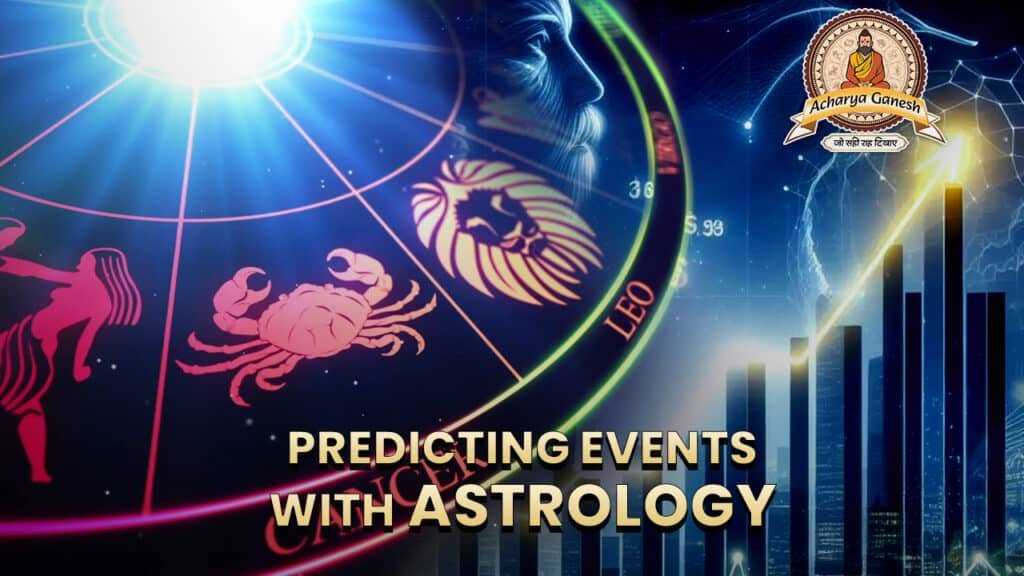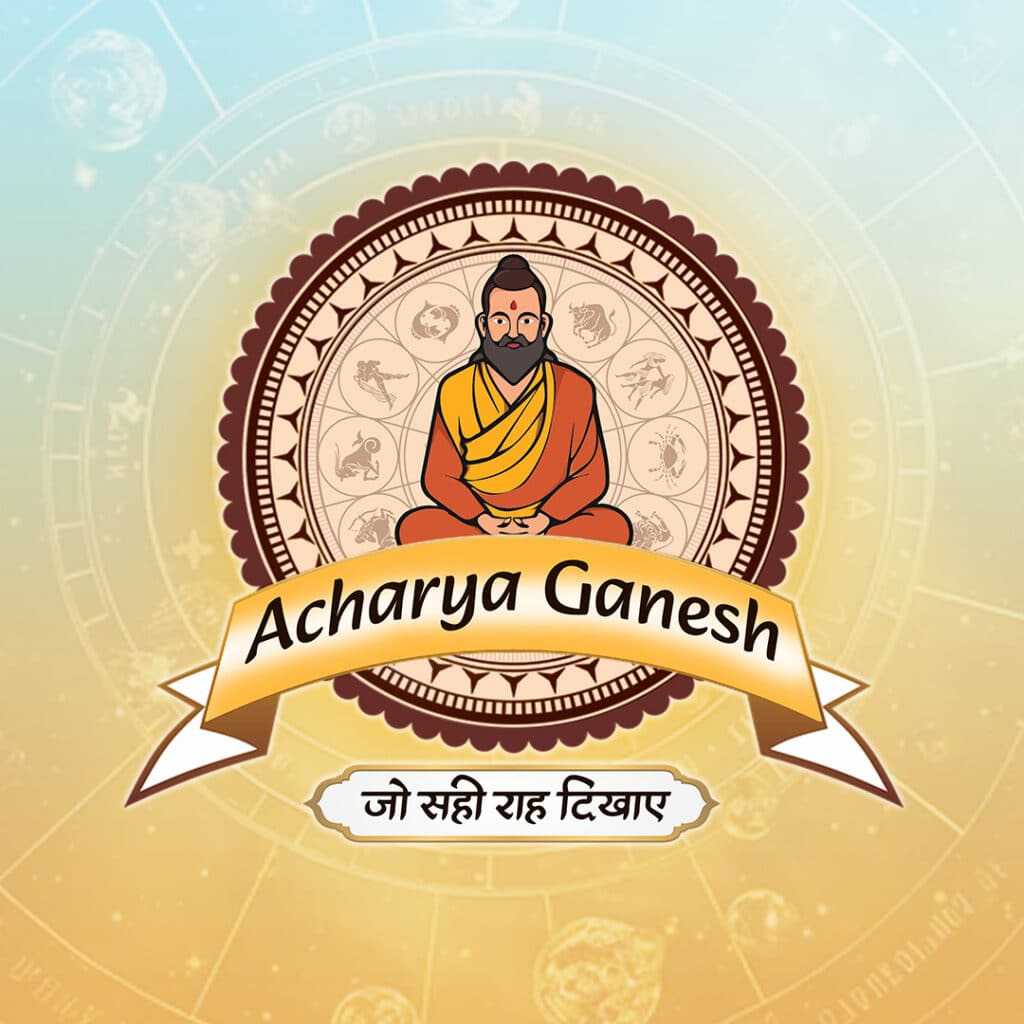Table of Contents
ToggleIntroduction to Event Prediction
Predicting events has been a fascination for humanity since ancient times. From weather forecasts to political outcomes, the ability to foresee future occurrences has always held immense value. In the realm of astrology, various techniques have been developed to predict events, with Varshphal being one of the most prominent methods.
The Art of Varshphal in Event Prediction
Varshphal, also known as annual horoscope, is a powerful tool in predicting events for the coming year. This ancient Vedic astrological technique involves analyzing the planetary positions at the exact moment the Sun returns to its natal position each year.
Key Components of Varshphal:
- Muntha: The ascendant of the annual chart
- Varsheswara: The lord of the year
- Sahams: Special sensitive points in the chart
To effectively use Varshphal for predicting events, astrologers consider the following factors:
- The strength and placement of Muntha
- The position and aspects of Varsheswara
- The houses activated by important Sahams
By carefully examining these elements, skilled astrologers can gain insights into potential events and developments for the year ahead.
Understanding Karakatwa: Planetary Significations
Karkatwa, or the signification of planets, plays a crucial role in predicting events through Varshphal. Each planet in Vedic astrology has specific significations that influence different aspects of life.
Planetary Significations:
- Sun: Authority, father, government
- Moon: Mind, emotions, mother
- Mars: Energy, courage, conflicts
- Mercury: Communication, intellect, business
- Jupiter: Wisdom, wealth, spirituality
- Venus: Love, luxury, relationships
- Saturn: Discipline, delays, obstacles
When predicting events, astrologers analyze the placement and strength of these planets in the Varshphal chart. For example, a strong Jupiter in the 10th house might indicate career growth or professional recognition in the coming year.
Special Rules for Varshphal in Event Prediction
To enhance the accuracy of event prediction through Varshphal, astrologers employ several special rules:
- Muntha Rule: The house placement of Muntha provides insights into the overall theme of the year.
- Tripataki Chakra: This unique chart division helps in timing events within the year.
- Tajik Yogas: Special planetary combinations that indicate specific events or outcomes.
- Sahams Analysis: Careful examination of relevant Sahams can pinpoint potential events in different life areas.
- Dashas and Transits: Integrating Varshphal with Vimshottari Dasha and current transits for more precise predictions.
By applying these special rules, astrologers can refine their predictions and provide more detailed insights into potential future events.
Combining Techniques for Accurate Predictions
While Varshphal is a powerful tool for predicting events, combining it with other astrological techniques can significantly enhance the accuracy of forecasts. Some complementary methods include:
- Natal Chart Analysis: Understanding the individual’s birth chart provides context for annual predictions.
- Transit Astrology: Examining the current planetary positions and their aspects to the natal chart.
- Divisional Charts: Analyzing D-9 (Navamsa) and other divisional charts for specific life areas.
- Numerology: Incorporating numerological insights for a more holistic prediction.
- Vedic Remedies: Suggesting appropriate remedies based on the predictions to mitigate potential challenges.
By integrating these various techniques, astrologers can create a more comprehensive and nuanced approach to predicting events.
Case Studies: Successful Event Predictions
To illustrate the effectiveness of Varshphal and related techniques in predicting events, let’s examine a few case studies:
- Political Elections: In the 2019 Indian general elections, several astrologers accurately predicted the outcome using Varshphal techniques. They analyzed the Muntha placement and the strength of key planets in the national horoscope.
- Economic Trends: A notable financial astrologer correctly forecasted the 2008 economic downturn by examining the Varshphal chart of the New York Stock Exchange and identifying challenging planetary configurations.
- Personal Life Events: In a documented case, an astrologer accurately predicted a client’s career change and relocation using Varshphal analysis combined with Dasha periods.
These case studies demonstrate the potential of astrological techniques in predicting events across various domains.
Challenges and Limitations in Event Prediction
While astrological methods like Varshphal can be powerful tools for predicting events, it’s important to acknowledge their limitations:
- Interpretation Subjectivity: Different astrologers may interpret the same chart differently, leading to varied predictions.
- Free Will Factor: Human decisions and actions can influence outcomes, potentially altering predicted events.
- Complexity of Factors: Multiple astrological and non-astrological factors can affect events, making precise predictions challenging.
- Time Sensitivity: Accurate birth times are crucial for Varshphal calculations, and errors can lead to inaccurate predictions.
- Cultural and Geographical Variations: Astrological techniques may need adaptation for different cultures and regions.
Recognizing these challenges helps in maintaining a balanced perspective on the reliability of event predictions.
Ethical Considerations in Predicting Events
As with any practice involving future forecasting, ethical considerations are paramount in astrological event prediction:
- Responsibility: Astrologers must be mindful of the impact their predictions can have on individuals and society.
- Transparency: It’s essential to clearly communicate the limitations and probabilistic nature of predictions.
- Confidentiality: Respect for client privacy is crucial, especially when dealing with personal predictions.
- Avoiding Fear Mongering: Predictions should be delivered in a constructive manner, focusing on empowerment rather than creating fear.
- Continuous Learning: Astrologers should commit to ongoing education and refinement of their predictive techniques.
By adhering to ethical guidelines, practitioners can ensure that event prediction through astrological means remains a positive and beneficial practice.
Conclusion: The Future of Event Prediction
As we’ve explored, predicting events through techniques like Varshphal offers fascinating insights into potential future occurrences. While these methods have their limitations, they continue to captivate and provide value to many individuals and organizations.
The future of event prediction likely lies in the integration of traditional astrological wisdom with modern analytical tools. As technology advances, we may see the development of sophisticated software that combines astrological calculations with big data analysis, potentially enhancing the accuracy and scope of predictions.
Ultimately, whether used for personal guidance or broader forecasting, the art of predicting events remains a compelling aspect of human curiosity about the future. By approaching these techniques with an open mind, critical thinking, and ethical consideration, we can continue to explore their potential while maintaining a grounded perspective on their role in our lives.
Services: Astro Vastu | Astrology | Match Making | Career Prediction | Vastu
Astrology Courses: Astrology Foundation Course | Lal Kitab Advanced Course | Workshop on Vastu | Nakshatra Simplified Course








